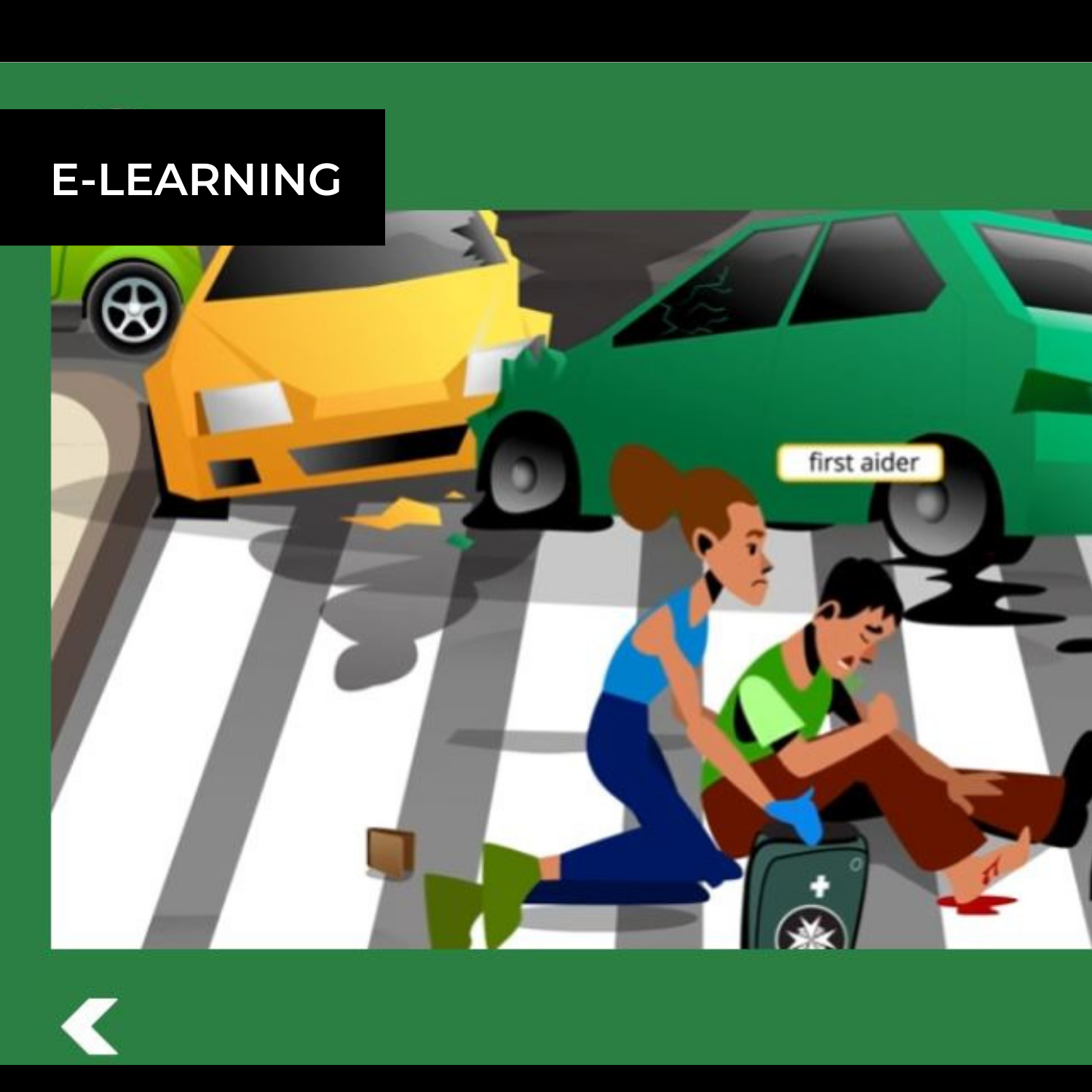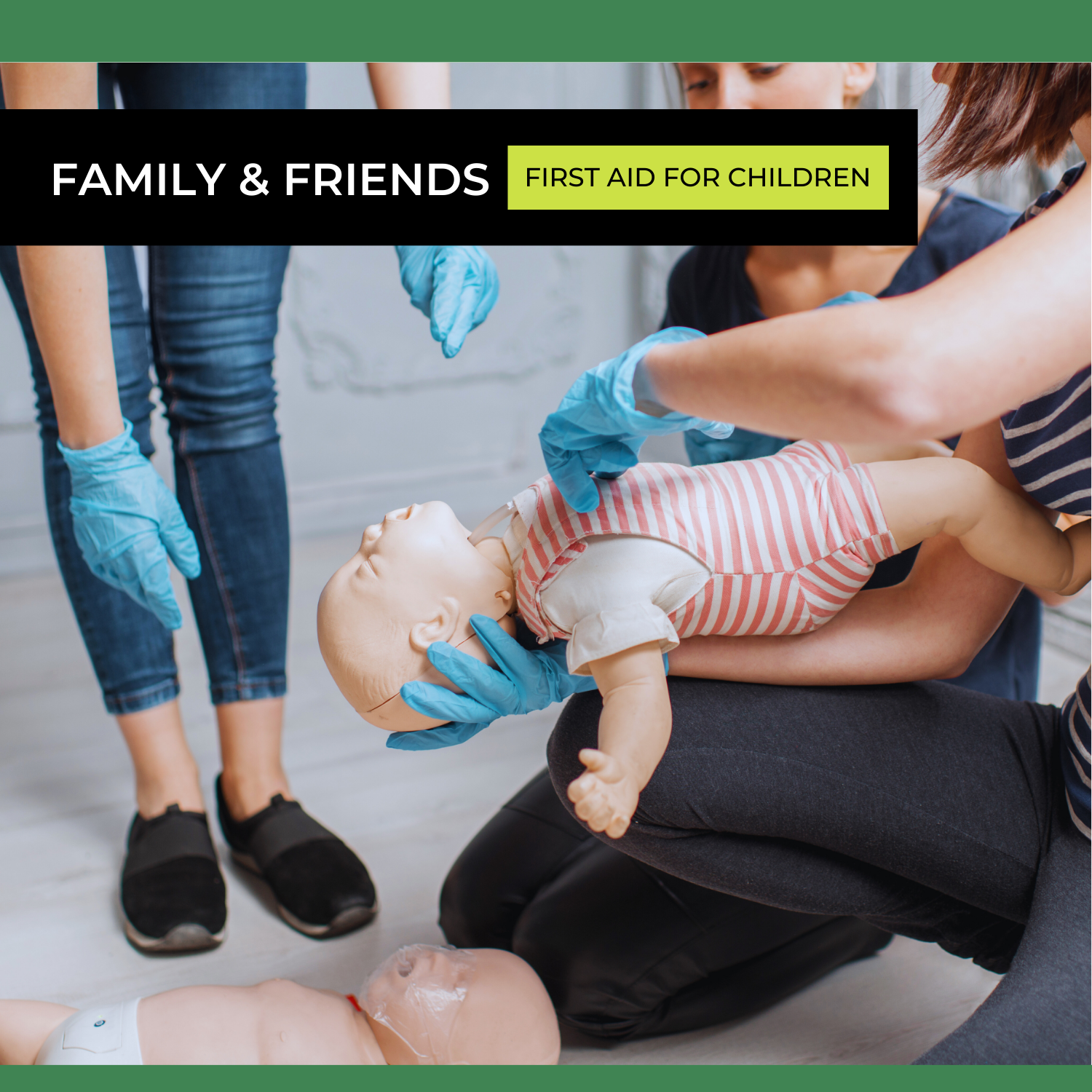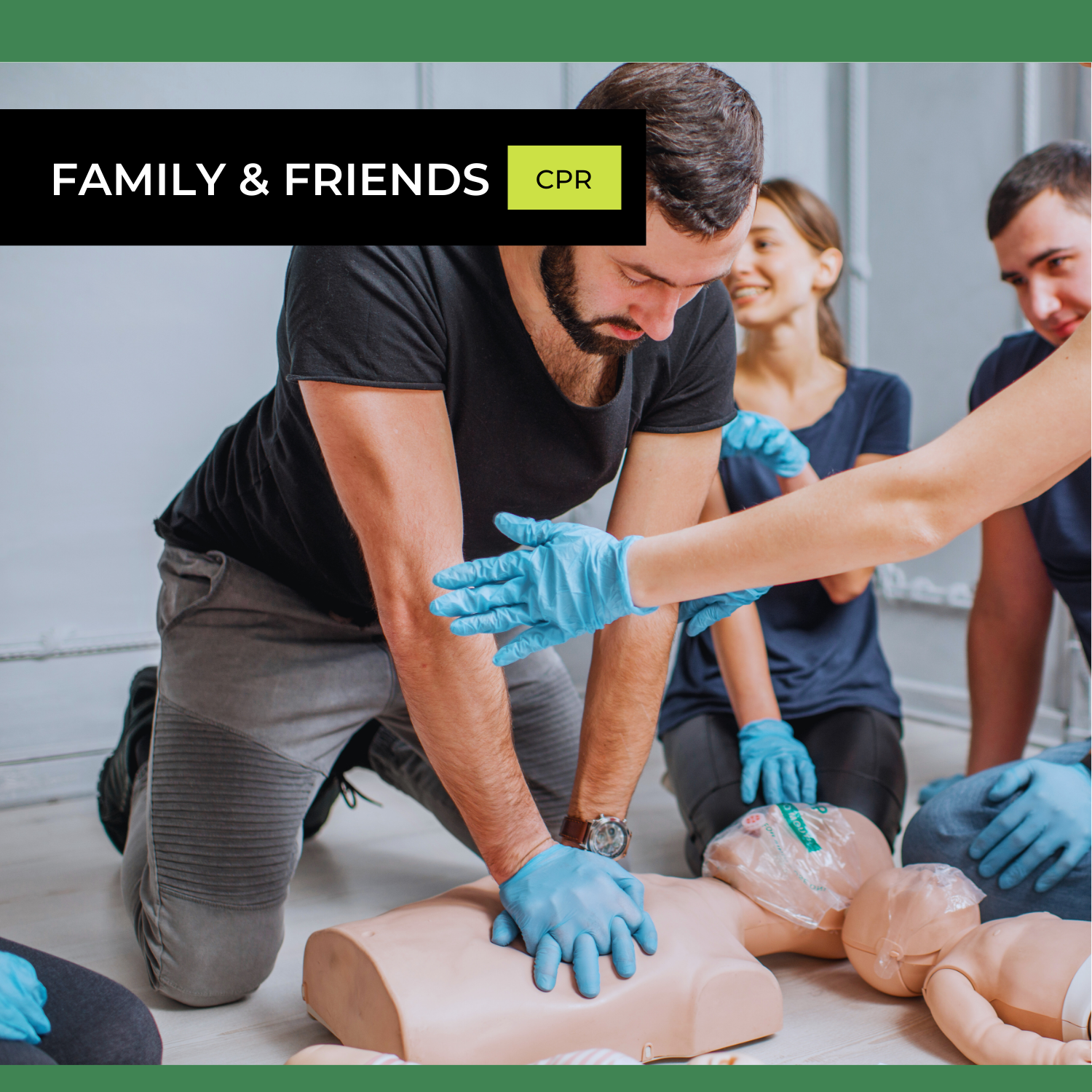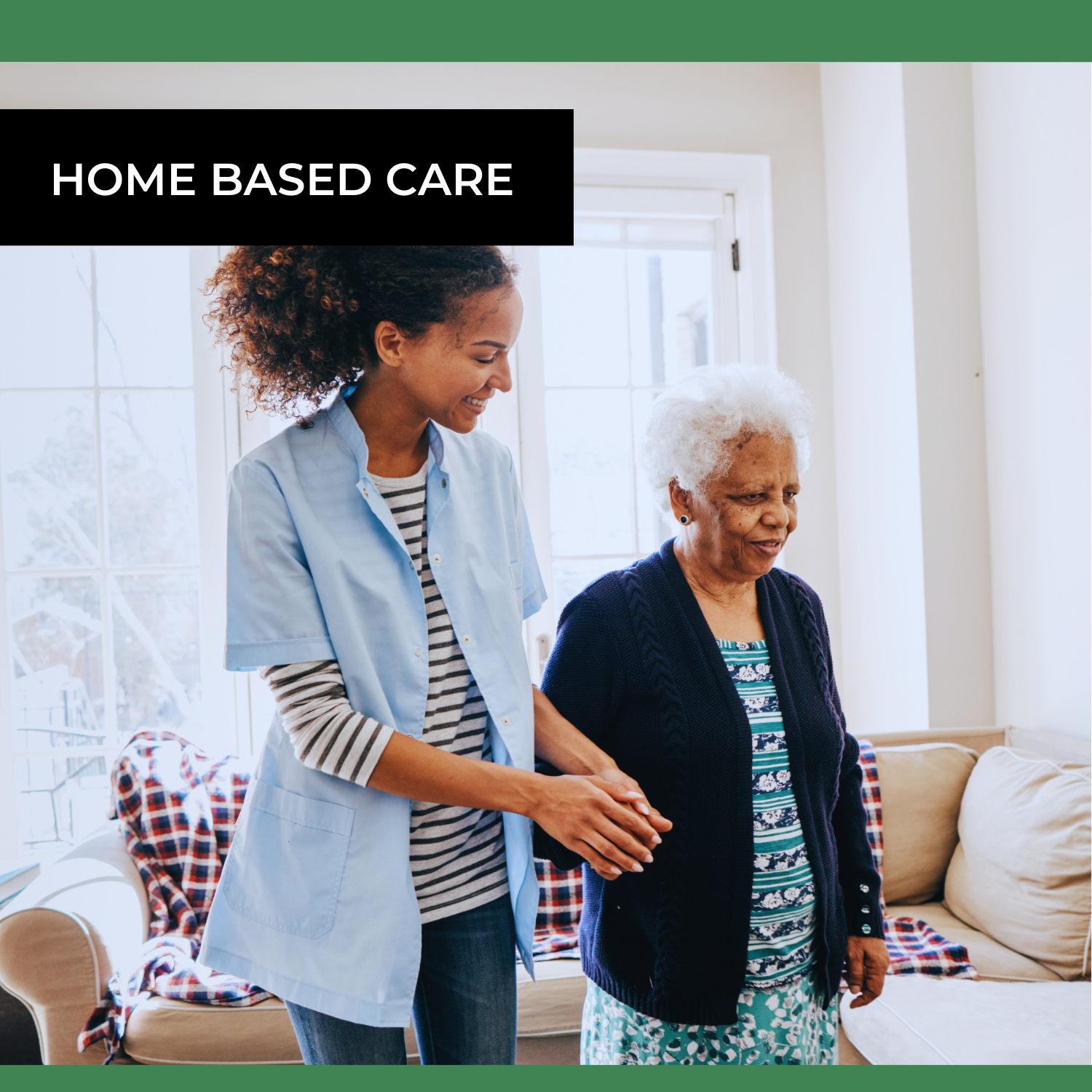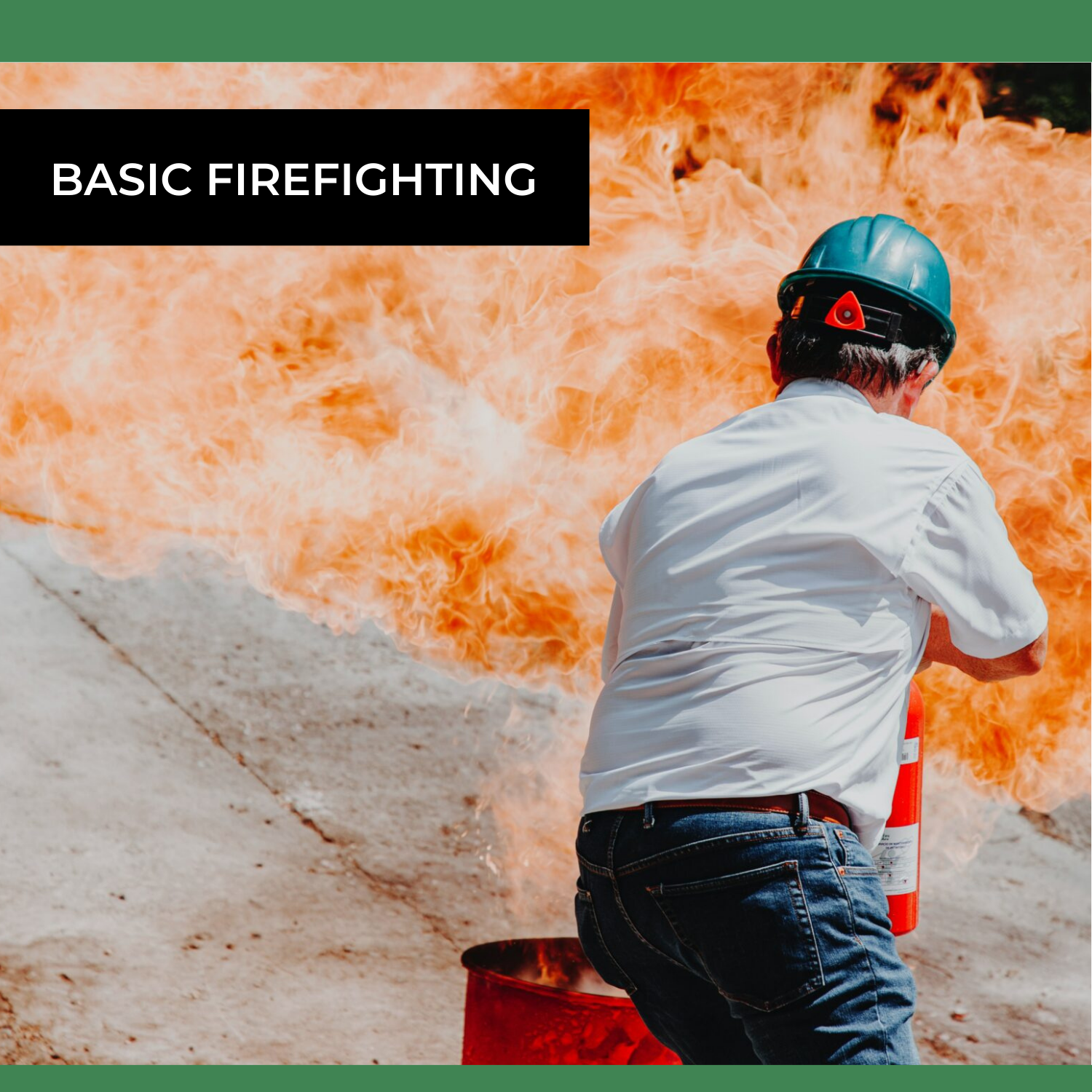Join us for an enriching training experience where you'll learn essential skills and knowledge to provide exceptional care for those in need within the comfort of their own homes.
At St John, we understand the importance of quality home care and the impact it has on individuals and families. That’s why we offer three home care courses tailored to meet the needs of learners aspiring to become skilled providers.
Whether you’re a seasoned caregiver looking to enhance your expertise or someone new to the field seeking to embark on a fulfilling career, our courses provide the foundation to excel in the rewarding field of home care. Caregiver courses also offer an opportunity for domestic workers to upskill and expand their services, and income potential, within the home environment.
Our Courses
Enrol today and take the first step towards a rewarding career in home caregiving with St John. Our Home Care Courses are designed to provide you with the skills and confidence to deliver high-quality care that makes a meaningful difference in the lives of those you serve.
BASIC HOME CARE
COURSE CONTENTS
The Caregiver: Explore the role and responsibilities of a caregiver, including ethical considerations, boundaries, and self-care practices.
The Caregiver and the Community: Understand the importance of community resources and support networks in caregiving, and learn to navigate and utilise available services effectively.
The Caregiver and the Patient: Develop essential communication skills to build rapport with patients, understand their needs, and provide personalised care that respects their dignity and autonomy.
The Body and How it Works: Gain a fundamental understanding of human anatomy and physiology, including common health conditions and how they affect the body.
Toilet Care: Learn proper techniques for assisting patients with toileting and maintaining personal hygiene to ensure comfort and dignity.
Environment and Bed-Making: Master the art of creating a safe and comfortable environment for patients, including proper bed-making techniques to prevent pressure injuries.
Dressing and Undressing: Assist patients with dressing and undressing while respecting their privacy and promoting independence whenever possible.
Personal Hygiene: Learn best practices for maintaining personal hygiene for both patients and caregivers to prevent infections and promote overall well-being.
Feeding and Nutrition: Understand the importance of nutrition in health and wellness, and learn to assist patients with feeding while considering their dietary needs and preferences.
Breathing: Explore common respiratory conditions and learn techniques to support patients with breathing difficulties, including proper positioning and respiratory exercises.
Helping the Patient with His or Her Feelings: Develop empathy and communication skills to support patients emotionally, providing comfort and reassurance during challenging times.
Wound Care: Learn wound assessment and management techniques, including wound dressing and infection prevention measures.
Medicines: Understand the principles of medication management, including safe administration, storage, and documentation practices.
Caring for Patients with Infectious Diseases: Gain knowledge and skills to safely care for patients with infectious diseases, including infection control measures and personal protective equipment use.
Care of the Elderly: Learn about the unique needs and challenges faced by elderly patients, including mobility assistance, fall prevention, and dementia care.
Caring for a Sick Baby or Child: Explore pediatric care principles and practices, including assessment, feeding, hygiene, and comfort measures for sick infants and children.
Caring for People with HIV/AIDS: Understand HIV/AIDS transmission, prevention, and care strategies to provide support and assistance to patients living with the disease.
Death and Dying and Support for the Patient and Family: Explore end-of-life care principles and practices, including providing emotional support to patients and their families during the dying process.
The Caregiver and the Family: Understand the importance of family dynamics in caregiving, and learn to collaborate effectively with patients’ families to provide holistic care and support.
ADVANCED HOME CARE
COURSE CONTENTS
The Caregiver: Explore the role and responsibilities of a caregiver, including ethical considerations, boundaries, and self-care practices.
Understanding the Body: Gain a deeper understanding of the human body and common health conditions that may affect individuals receiving home care.
Communication: Learn effective communication techniques to build rapport with clients, understand their needs, and provide compassionate care.
Infectious Diseases: Understand the prevention and control of infectious diseases to ensure a safe and healthy environment for both caregivers and clients.
Observations/Recording: Develop skills in observing and documenting changes in client health status to facilitate effective communication with healthcare professionals.
Bedmaking/Environment: Master proper bedmaking techniques and learn to create a safe and comfortable environment for clients.
Pressure Areas: Learn about the prevention and management of pressure injuries to promote skin integrity and overall well-being.
Nutrition: Explore the importance of nutrition in promoting health and well-being, and learn to support clients in maintaining a balanced diet.
Excretions/Toilet Care: Gain proficiency in providing personal care assistance, including toileting and hygiene support.
Respiratory Problems: Understand common respiratory conditions and learn appropriate care techniques to support clients with respiratory issues.
Occupational Therapy: Discover the role of occupational therapy in home care and learn practical strategies to assist clients in achieving their daily living goals.
Special Categories: Explore care considerations for special populations, including pediatric, geriatric, and disabled clients.
Community Resources: Learn about available community resources and support services to enhance the care and well-being of clients.
Palliative Care: Gain insight into palliative care principles and practices to provide comfort and support to clients with life-limiting illnesses.
Child Abuse: Understand the signs of child abuse and learn how to respond appropriately to protect vulnerable children.
HIV/AIDS: Gain knowledge about HIV/AIDS transmission, prevention, and care to provide support to clients affected by the disease.
BASIC HOME CARE + FIRST AID
IN ADDITION TO OUR BASIC HOME CARE TOPICS, YOU’LL ALSO LEARN:
Emergency Scene Management: Learn how to assess and manage emergency situations effectively, including scene safety and prioritising care.
Shock, Unconsciousness & Fainting: Understand the signs and symptoms of shock, unconsciousness, and fainting, and learn appropriate first aid interventions to stabilize the patient.
One Rescuer CPR (Adult/Child): Gain proficiency in performing cardiopulmonary resuscitation (CPR) on adults and children, including chest compressions and rescue breathing techniques.
Choking – Adult: Learn how to recognise and respond to choking emergencies in adults, including performing abdominal thrusts (Heimlich maneuver) to clear the airway.
Severe Bleeding: Explore techniques for controlling severe bleeding, including direct pressure, elevation, and the application of tourniquets.
Wound Care: Master wound assessment and management techniques, including cleaning, dressing, and bandaging wounds to promote healing and prevent infection.
Bone & Joint Injuries: Understand the signs and symptoms of bone and joint injuries, including fractures and sprains, and learn appropriate first aid interventions to immobilize and support injured limbs.
Head & Spinal Injuries: Learn how to recognize and manage head and spinal injuries, including stabilizing the head and neck and preventing further damage.
Burns: Explore the different types of burns and their severity, and learn appropriate first aid measures to treat burns, including cooling and covering the affected area.
Secondary Survey: Develop skills in conducting a thorough secondary survey to assess for additional injuries or medical conditions that may require attention.
Medical Conditions: Gain knowledge of common medical conditions and emergencies, including heart attacks, strokes, diabetic emergencies, and allergic reactions, and learn appropriate first aid interventions.
Upon completion of the course, you'll receive an accredited certification from St John, recognized for its excellence and commitment to quality care.
LEARN MORE WITH ST JOHN

